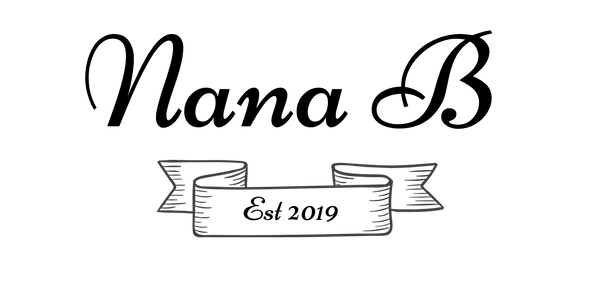Hearing your baby’s first words is a special, monumental moment for any parent. As they begin to grow, it’s important you encourage them to develop their language skills even in those early months.
Here are some ways you can help you baby with language skills, and what you should start to see in the first year…
Understanding Language
In the first 6 months, your baby will start understanding their environment and the world around them. From around two months old they may begin reacting to different tones they recognise in your voice, such as responding by laughing, smiling or crying.
Whilst they can’t talk yet, the sounds they make will be a good indicator of how they’re feeling. You should begin to recognise the specific noises they make that mean they’re hungry, in discomfort, happy, or tired for example – it’s their way of expressing themselves.
You may notice they also start cooing the older they get, and may start mimicking facial expressions. They should also begin to stop using crying as often as a way to communicate, using ‘ooh’ and ‘aah’ sounds regularly. Cooing develops the muscles required for talking, and as these muscles get stronger, they’ll often start to make different sounds and respond to the words they recognise using these sounds, helping form a connection and communication.
In the 6-12 month stage your baby will start to recognise and react to more familiar voices and respond using gestures, like waving, to words like ‘hello’ and ‘goodbye’. You should also begin to recognise a little later into the time period where they begin babbling, they’re more vocal when playing, and their speech begins to resemble certain words such as ‘dada and ‘mama’. Around the 12 month mark they may begin to say their first words, which will gradually develop over their infancy.
How Can You Help?
There’s multiple ways you can help your baby have the best start with their language learning.
Play – Using mirrors, bubbles, toys, things that make noise, reading and singing nursery rhymes will all be beneficial to learning language as they’ll start to recognise patterns in your speech and how things are described. For example, if they have a cuddly toy then describing it as ‘soft’ will help them associate this word with it’s texture. Play should be fun for your baby, and if they’re not picking things up straight away you shouldn’t worry too much – it all comes with time.
Copy Your Baby – When your baby begins cooing or babbling, mimicking their sounds will help you have a conversation with them - even if what they’re saying doesn’t make sense – as this helps them learn about conversation and ‘turn talking’. Be expressive when copying the sounds they make, as this will further both their language and emotional development too.
Listening Skills – Listening is a critical part of learning language, so make gentle sounds when near your baby so they get used to hearing noise all around them. When the phone rings, tell them it’s a phone ringing. When the doorbell goes, tell them someone is at the door. This builds recognition and understanding of what certain objects sound like, which will aid them as they begin to talk.
Talk To Your Baby – You will be a familiar voice to your baby, one that makes them feel safe, calm and comforted. Higher, softer tones in your voice will make your baby feel much more at ease, and they’ll often watch you as you talk and listen intently. Whilst talking isn’t as beneficial as multi-sensory ways of language learning, it can still play a huge role in speech development.
Multisensory Learning – When reading to your baby, point out certain words and sound them out, and if possible, describe in simple terms what this word means. If you see the word ‘hand’, point to your baby’s hand and describe what it can do. Stimulating their senses as you teach them words will activate their sensory systems, which studies have suggested is much more beneficial than just talking to them directly all the time.
Language is a process that can take a little time, and these timings are just rough guides as to when you may begin noticing your baby is starting to becoming more responsive with speech. If you have any concerns, it’s best to talk to a professional who can help with any developmental issues.

